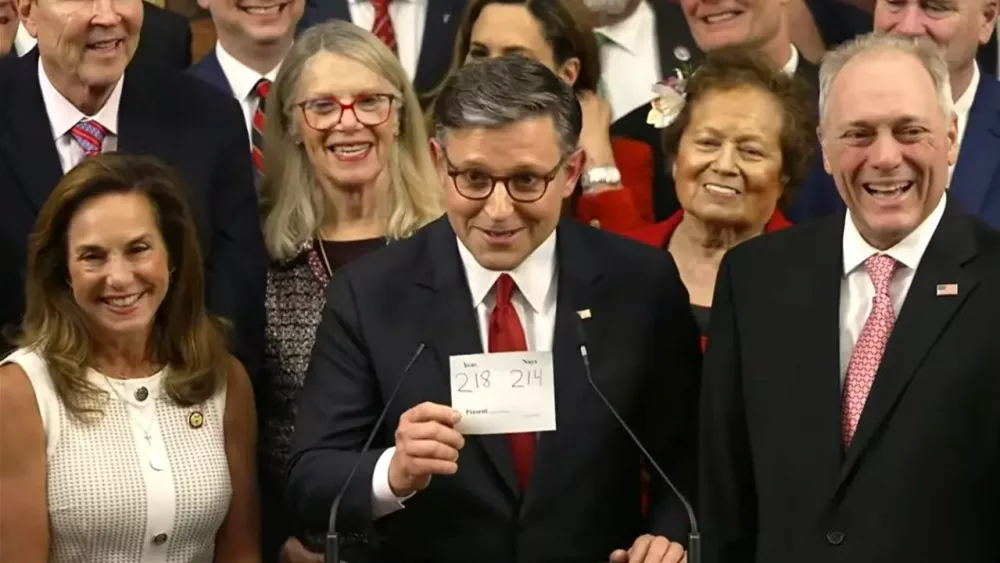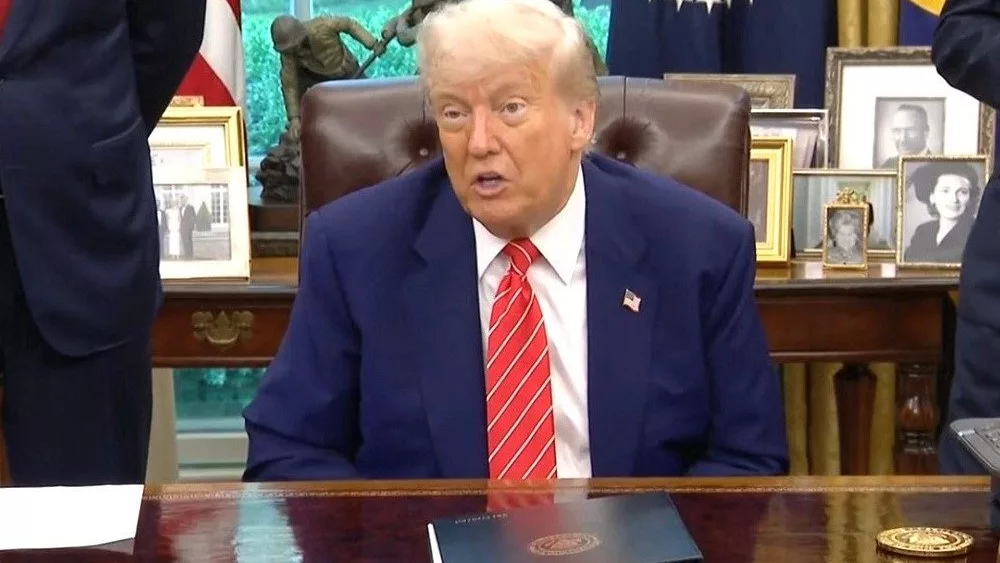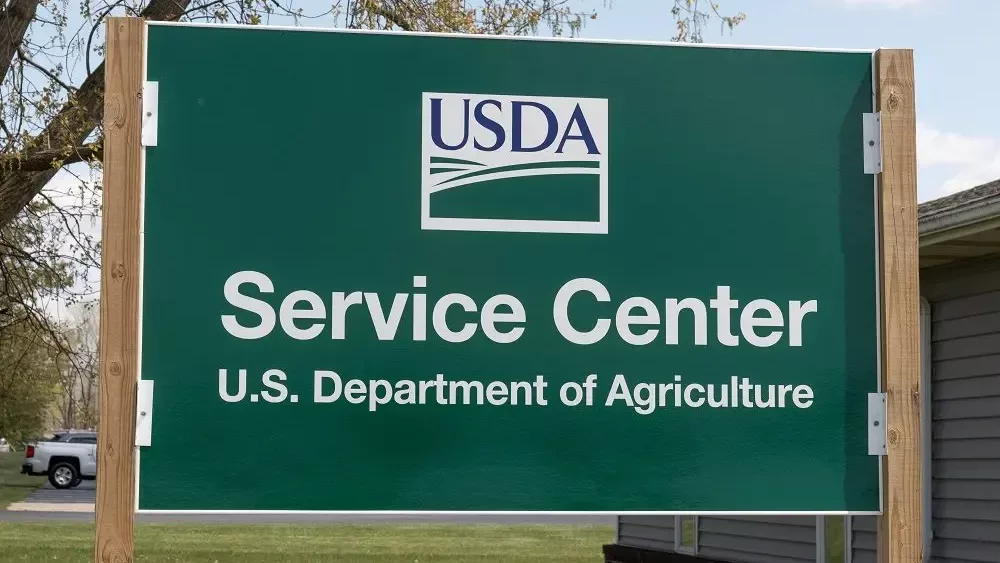
A bipartisan bill aims to cut pollution while helping farmers and other members of agriculture and forestry gain accreditation for smart climate practices.
Introduced by the Senate on Monday, the Growing Climate Solutions Act would make it easier for farmers to participate in carbon markets by eliminating technical barriers. U.S. Sens. Debbie Stabenow (D-MI), Mike Braun (R-IN), Lindsey Graham (R-SC) and Sheldon Whitehouse (D-RI) co-sponsored the legislation, which will create a certification program through the Agriculture Department.
In it, farmers and landowners can earn credits and money through the adoption of carbon capture practices, such as reduced tillage, planting conservation cover, forest, or grasslands, precision nutrient management, livestock feed management, and installing anaerobic digesters or other greenhouse capture systems for manure.
“While farms and forests have been uniquely impacted by the climate crisis, they can also be an important part of the solution,” Stabenow, a ranking member of the Senate Agriculture Committee, said in a statement. “Our bipartisan bill is a win-win for farmers, our economy and our environment by providing new economic opportunities to store carbon while also addressing the climate crisis.”
The bill is supported by the American Farm Bureau Federation, National Corn Growers Association, Environmental Defense Fund, 40 farm groups, environmental organizations, and Fortune 500 companies.
A full list can be found here.
“America’s farmers and ranchers have made tremendous strides in reducing our carbon footprint, with overall greenhouse gas emissions under 10% for our industry,” AFBF President Zippy Duvall said in a statement.
“As we endeavor to do more with less, we are always focused on doing better and working together to protect the natural resources we all enjoy,” he continued. “We are grateful to Senators Braun and Stabenow for consulting us on their efforts to bring clarity and validity to a voluntary, market-based carbon-credit system and provide a USDA-led review to inspire confidence as we enter the new carbon marketplace.”
The National Milk Producers Federation said the bill aligns well with its goal to “achieve carbon neutrality or better by 2050.”
“Dairy farmers are environmental stewards who value proactive approaches to sustainability, and this legislation will provide a welcome boost to their efforts,” Jim Mulhern, president and CEO of the NMPF, said in a statement. “We look forward to working with Senators Braun, Stabenow, Graham, and Whitehouse to advance this bill in Congress.”
According to the bill, farmer assistance will come through a technical assistance provider and a third-party verifier certification program. Agri-Pulse likens the certifiers to the crop consultants or Extension agents farmers already work with.
“Fortunately for Michigan farmers, many of the practices effective for sequestering carbon are also good for water quality,” according to Laura Campbell, who manages Michigan Farm Bureau’s Agricultural Ecology department. “Farmers and technicians here have a leg-up in integrating these practices into their farm plans.
“They will also help farmers working toward verification in the Michigan Agriculture Environmental Assurance Program (MAEAP) by providing additional ways to get financial support for using practices that are good for water quality and for sequestering carbon. This is the kind of win-win that’s really helpful.”





